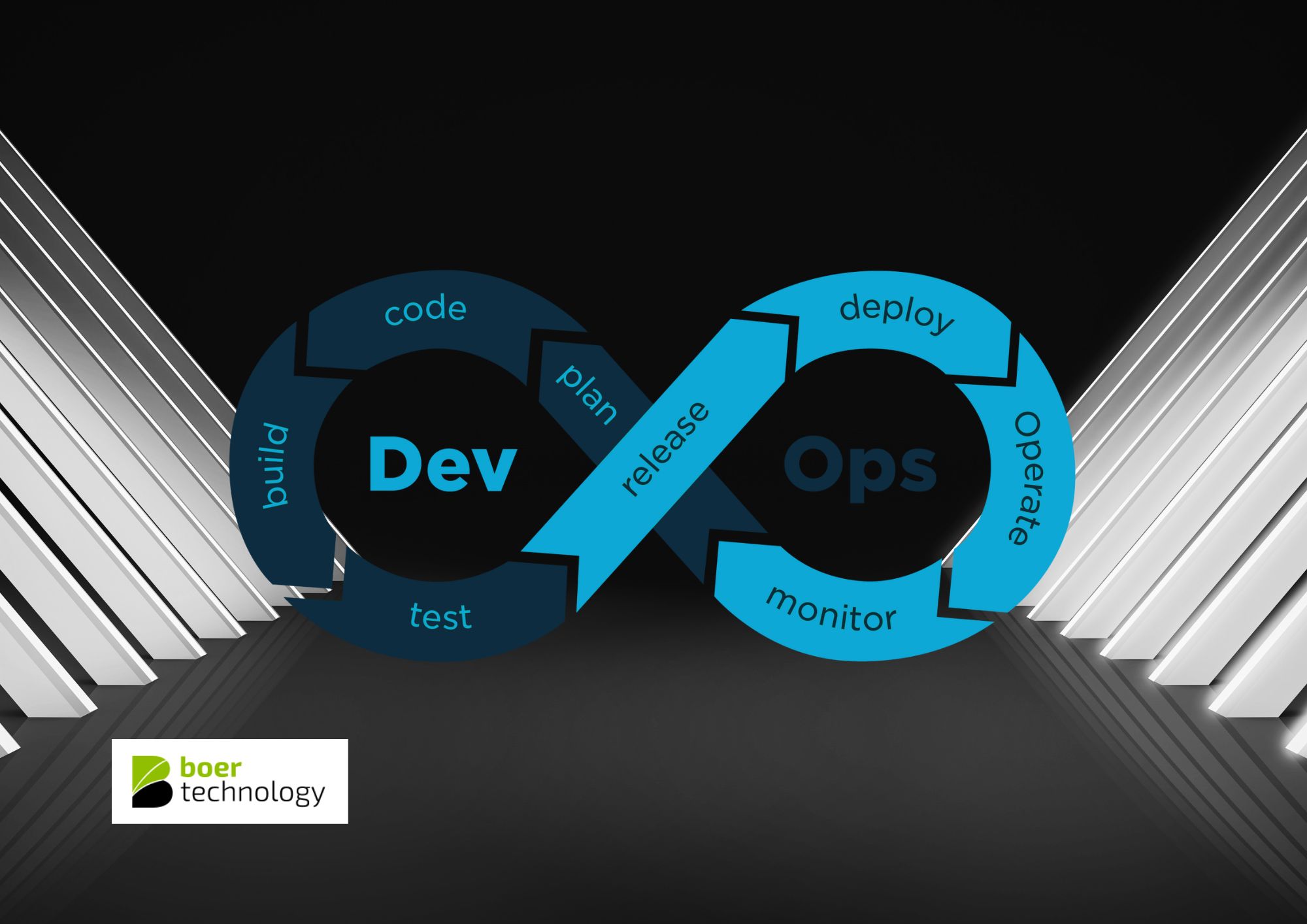DevOps, a cultural and technical movement that emphasizes collaboration and automation between software development and IT operations, has transformed the way organizations deliver and manage their software systems. A key pillar of DevOps is continuous integration and continuous delivery (CI/CD), which involves rapid development, testing, and deployment of code. To ensure the success of DevOps practices, monitoring and logging play a fundamental role. In this article, we will delve into the significance of monitoring and logging in the world of DevOps.
The Essence of DevOps
DevOps represents a shift in how software development and IT operations collaborate to deliver high-quality software with greater speed and efficiency. It breaks down the traditional silos between development and operations teams, fostering a culture of shared responsibility and collaboration. Automation is a cornerstone of DevOps, with the goal of automating manual processes wherever possible to improve consistency and reduce human error.
Continuous Integration and Continuous Delivery (CI/CD)
At the heart of DevOps is the CI/CD pipeline, which is a set of practices and tools that automate the building, testing, and deployment of software changes. CI/CD accelerates the software development cycle, allowing teams to release code changes faster and more frequently. This rapid pace requires robust monitoring and logging to maintain system reliability and performance.
The Role of Monitoring in DevOps
Monitoring is the continuous observation of systems and applications to track performance, detect issues, and ensure that they are running as expected. In a DevOps context, monitoring serves several critical purposes:
-
Early Detection of Issues: Real-time monitoring provides instant alerts when issues arise, enabling teams to identify and address problems before they escalate.
-
Performance Optimization: Monitoring tools collect and analyze data to identify performance bottlenecks, allowing for targeted optimization.
-
Resource Management: Effective monitoring helps manage resources efficiently, ensuring that systems are neither over-provisioned nor under-provisioned.
-
User Experience: Monitoring includes user experience monitoring to ensure that applications meet performance expectations.
-
Historical Data: It provides historical data that helps teams analyze trends, troubleshoot issues, and plan for future capacity.
The Importance of Logging in DevOps
Logging is the process of recording events, actions, and transactions in a system or application. Logs serve as a detailed record of what has occurred within the system and are invaluable in DevOps for the following reasons:
-
Diagnostic Insights: Logs contain valuable information that aids in diagnosing and troubleshooting issues, making them an essential tool for incident response.
-
Auditing and Compliance: Logs provide an audit trail of system activities, which is crucial for compliance with regulations and internal policies.
-
Performance Analysis: Log data can be used to assess system performance, track changes over time, and identify areas for improvement.
-
Security Monitoring: Logs are critical for security monitoring, helping to detect and investigate potential security breaches or anomalies.
-
Historical Record: Logs create a historical record of system and application events, allowing teams to analyze past issues and trends.
Choosing the Right Monitoring and Logging Tools
Selecting the appropriate monitoring and logging tools is a vital decision in a DevOps environment. The right tools can make the difference between efficient, proactive issue resolution and constant firefighting. Consider the following factors when choosing your tools:
-
Scalability: Ensure that the tools can grow with your environment. DevOps often involves rapid scaling, and your monitoring and logging tools should be able to handle increased data and infrastructure.
-
Integration: Look for tools that integrate seamlessly with your existing DevOps toolchain, including CI/CD pipelines, orchestration tools, and issue tracking systems.
-
Alerting and Notifications: The tools should offer robust alerting and notification capabilities to ensure that issues are promptly addressed.
-
Customization: The ability to customize monitoring and logging to fit your specific needs is crucial. One size does not fit all, and your tools should adapt to your unique requirements.
-
Data Storage and Retention: Consider your data storage and retention needs. Some compliance regulations require long-term storage of log data, so ensure the tools meet these requirements.
Conclusion
DevOps has revolutionized how software is developed and delivered, emphasizing collaboration, automation, and efficiency. Monitoring and logging are the unsung heroes of the DevOps world, providing critical insights, ensuring system reliability, and facilitating rapid issue resolution.
As organizations embrace DevOps, they must also invest in robust monitoring and logging solutions that can keep pace with the speed and complexity of modern software development. By doing so, they empower their teams to quickly detect, diagnose, and resolve issues, while also gaining valuable insights into system performance and security. In the ever-evolving landscape of DevOps, monitoring and logging remain indispensable tools for success.
Read Also: SECURING YOUR VIRTUAL WORLD: A GUIDE TO VMWARE BACKUP & RECOVERY
Read Also: MICROSOFT AZURE: HOW IT WORKS FOR MULTI-CLOUD
